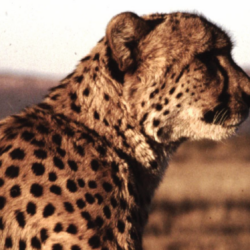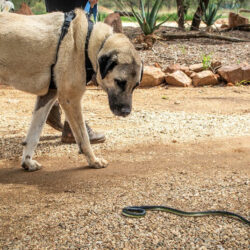Losing Small Battles to Win the War
-

- by September 5, 2018
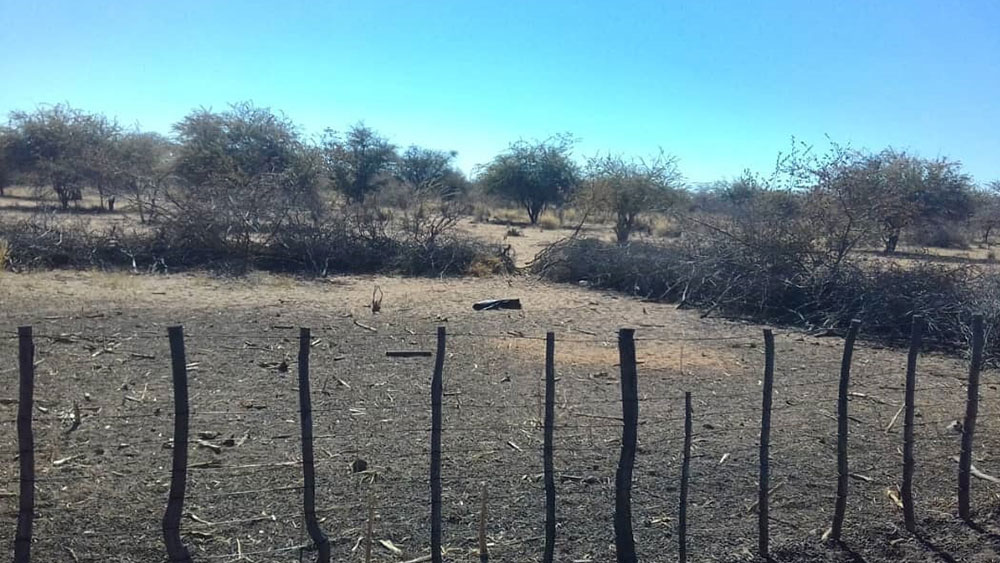
CCF staff often respond to cases where cheetahs have been captured or kept in very bad conditions, often resulting in the keepers and vets having to nurse them back to health. In some cases we respond to cheetahs that have already been killed by farmers. On the 24th of July, I responded to such a case in the Okamapatapati communal conservancy.
Investigating the scene it was evident that a cheetah had broken into a kraal and had killed a goat and as a result, the cheetah was attacked by farm dogs and killed. There was a second cheetah outside of the kraal, that had luckily gotten away. The attack occurred in the early hours of the morning when it was still very dark. Something just didn’t add up in the scenario and we were convinced that there must have been some reason for this type of atypical behaviour from the cheetahs.
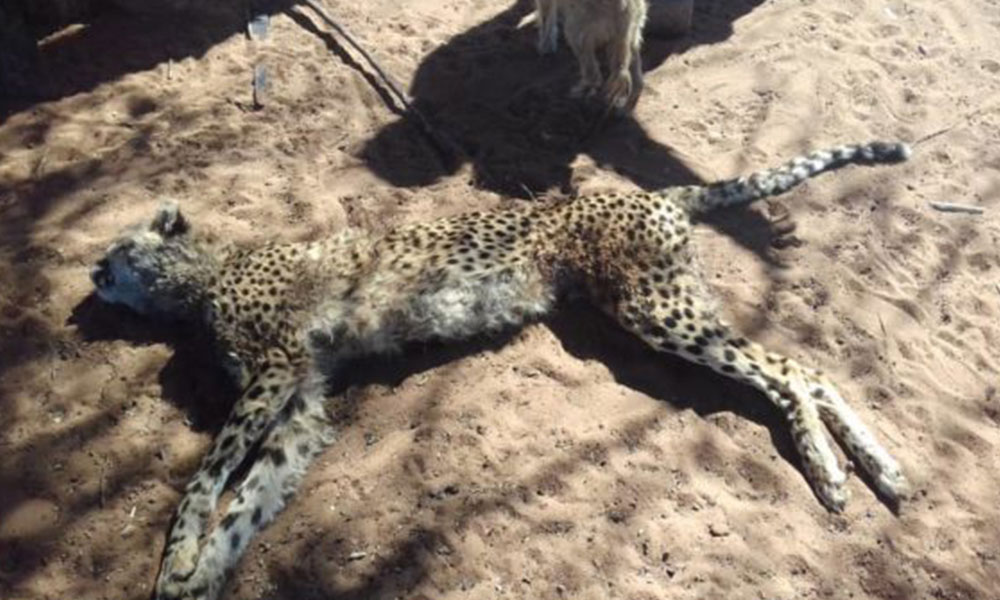
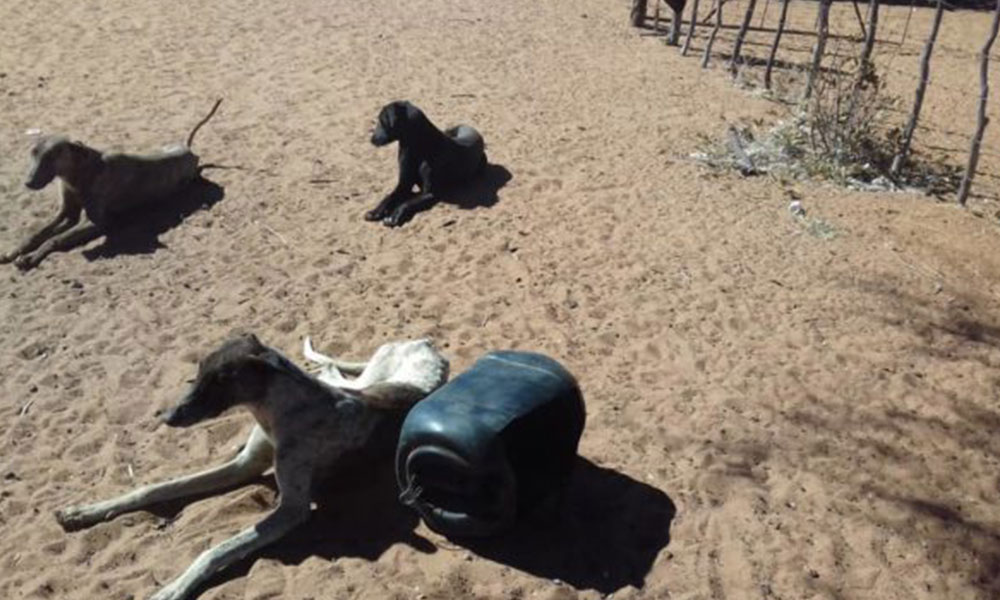
The farmer was set on tracking down the other cheetah and trapping it also. Through a lot of negotiation the farmer was convinced to give CCF a few days to make a plan to assist.
When a necropsy of the dead cheetah was done at the CCF Research Centre, our vet, Dr. Robin Gieling discovered a severe parasitic infection. The young female cheetah was in very bad health. Dr. Gieling confirmed that the cause of death was due to a dog attack.
Once we discovered that the cheetah was so sick and weak, the situation added up. Healthy cheetahs don’t usually hunt at night, nor is it a common occurrence for cheetahs to break into kraals especially where dogs are present and in most cases would have been able to outrun the dogs with ease. Her bad health resulted in this unusual behavior and inevitably in her death.
Armed with this knowledge the key in this event is giving helpful and mutually beneficial feedback to the farmer. When we shared with him the circumstance of this attack, he understood that another cheetah attack from the remaining cheetahs would be highly unlikely. He agreed not to attempt to trap the second cheetah, but still monitor activity on his farm and communicate with his neighbors if they have any conflict with cheetahs.
To date no conflict has been reported by any of the farmers in the area, although spoor of two cheetahs are seen occasionally. Hopefully the two remaining healthy cats are predating on natural prey and won’t come into any problems.
Trust and communication, empathy and presence is vital in building up relationships with farmers to conserve our wildlife and also protect our farmers livelihoods. With information and education farmers come around to being more tolerant to living with carnivores such as in this case.
Related Reading
-
December 4, 2024
Double Your Donation for the Cheetah -
June 15, 2024
Snake Aversion Training


